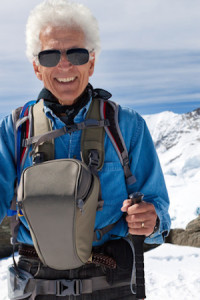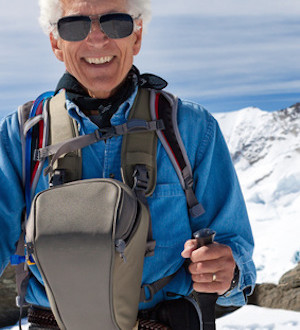 Freezing air and brisk wind can dry and irritate your skin during the winter. It’s important to keep your skin well cared for and protected, when the elements are harsh. Remember too, that UV rays don’t take a winter holiday, so make sure you are aware of sun protection, even when the temperature is low.
Freezing air and brisk wind can dry and irritate your skin during the winter. It’s important to keep your skin well cared for and protected, when the elements are harsh. Remember too, that UV rays don’t take a winter holiday, so make sure you are aware of sun protection, even when the temperature is low.
New Zealand has the highest rate of skin cancer in the world, due to a number of factors, including the level of ozone over Godzone. In New Zealand, we receive approximately 40% more cancer-causing ultraviolet radiation from the sunlight than North Americans at corresponding latitudes. This is due to our thin ozone layer, clean air and low population.
Experts suggest that more than 90 per cent of all skin cancers are associated with sun exposure. This exposure can be historical – the perpetually pink nose and shoulders of our childhood can come back to haunt us later in life.
Colder weather actually means a thinner ozone layer. Less ozone layer means less absorption of those dangerous UV rays by nature. So colder weather can mean more harmful rays.
If you’re a keen skier and off to the mountains during the winter, it is important to understand that UV radiation exposure increases 4 – 5% with every 1,000 feet above sea level. So while you are enjoying an afternoon on the slopes, your skin could be exposed to far more intense radiation from sun exposure than at sea level. Ice and snow reflect up to 80% of the suns UV rays, so you may be getting hit by the same rays twice!
Fortunately sun screen is now affordable, easy to apply and comfortable to wear. Paradoxically, we all need sun exposure to help our vitamin D absorption, but a balance needs to be struck. Aim for 15 minutes of unprotected sun exposure (early or late in the day, definitely not in the middle 4-6 hours, and not through glass), otherwise, use sunscreen on exposed skin.
Many moisturisers both for the face and the body, contain sunscreen. Check the SPF and reapply during the day as necessary – if you have been swimming, sweating freely, or are in a high-exposure environment (eg snow, water). Wear sunglasses if out walking or goggles while skiing.
Enjoy the winter sun, the safe way.









Join the Discussion
Type out your comment here:
You must be logged in to post a comment.